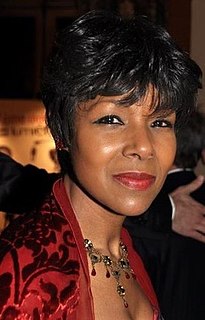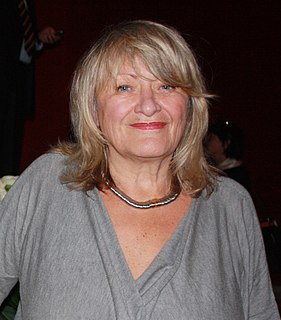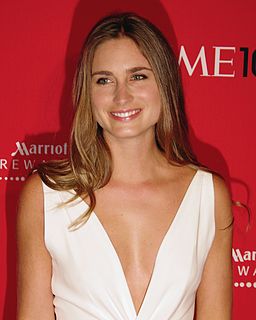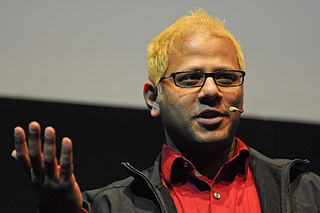A Quote by Jean Hanff Korelitz
People need a narrative, and if there isn't one on offer, they make one up.
Related Quotes
We need to finally be proactive in enlightening people from Islamic cultural groups. And this applies to immigrants already here as well as to current refugees. The German constitution stands above the Sharia. Schools need to offer classes on gender equality. You also have to offer an alternative to young men with a penchant for violence.
For queer people, the personal is very political, just to talk about it in a public space. It's very political just to come out and take up that space and be like, 'This is my narrative. It's not an outsider narrative, and it's not a fetish narrative; it's just my story, and it's worth being told and listened to.'
I don't believe in doing thousands of cuts, then giving it to the editor to make the movie. 'Dump-truck directing' is my reference to that style of moviemaking. You have to know how to cut before you can shoot well. The lack of definition in movies today is appalling. Very few people know how to mount a narrative anymore. If a scene works in one cut, you don't need 10. Or it might need 10. Let's not make it 20.







































